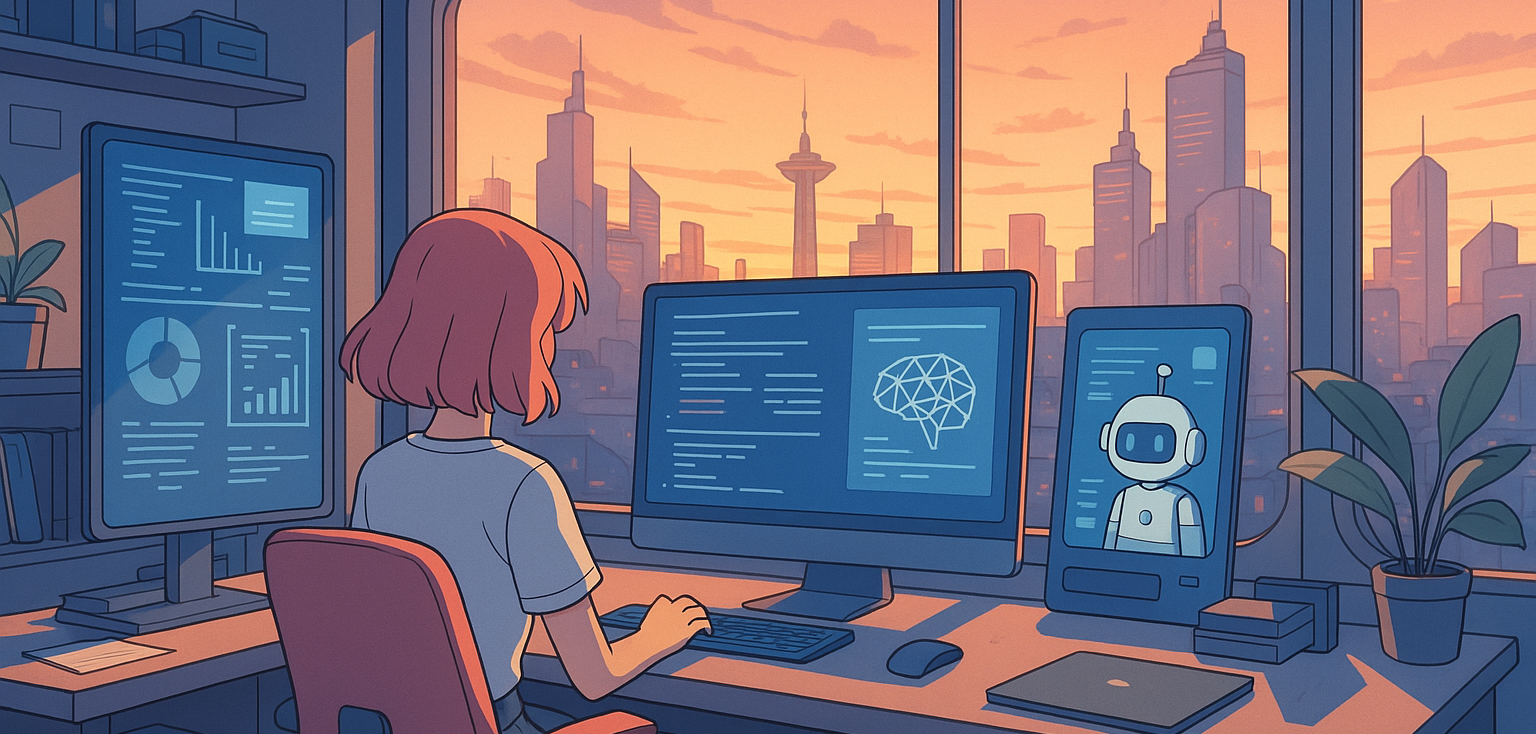
Jobs of the Future — A Startup Founder’s Perspective
I spent $1,000 on AI coding tools over the last two months to get a peek into the future of work.
I’ve been running a company for the last 10 years, and all the learnings from that journey are suddenly coming to the forefront. AI — and the idea of intelligence being harnessed at scale — forces you to look deeper into what work really is and what it will become tomorrow.
Think of it this way: in a world where gold is incredibly valuable, what happens if a company invents a machine that can make unlimited gold? The value of gold crashes. And then the real question becomes — what now holds value?
That’s exactly what AI is doing. Intelligence has become abundant. Companies like OpenAI, Google, and Anthropic have made it so that knowledge is just a click away — or rather, a message away. If intelligence is “solved”, what still needs people? That’s what this post is about.
1. Taste
The first skill that comes to mind is taste. I’ve been hearing this word pop up a lot lately, and I think it perfectly describes one of the most important skills of the coming era.
When food was scarce, we ate for survival. When food became abundant, we started seeking taste. With intelligence becoming abundant, simply being functional won’t be enough. To stand out, your work needs to be tasty.
Taste will make some companies successful overnight. Companies without it will fade away.
How do you develop it? In my own journey, across 15 years of building things — robots, circuits, websites, apps, system designs — one thing I’ve been relentless about is simplicity and elegance. I think I’ve had it in me since childhood: obsessing over neat lab records, winning painting competitions, laying out a poem beautifully on paper, and feeling deeply envious when someone’s work looked better than mine.
Even now, the moment I see something in progress, my brain automatically spots the tiny flaws — the typos, the misalignments, the unnecessary complexity. Many think this is perfectionism, but perfection is only one side of it. Elegance is about doing less yet achieving more.
If you relate to this — if you care about elegance, simplicity, and the “feel” of what you create — you might have a future in taste. And billion-dollar companies will value it immensely.
2. Wisdom / Modern “Gyani”
This one sounds ancient, but it’s more relevant than ever — the “gyani” of the past. The one who knew history, science, and philosophy by heart.
Today, with Google, books, calculators, and AI, memorising facts might seem pointless. But knowledge isn’t just about having information — it’s about understanding it, connecting the dots, spotting patterns, inspiring ideas, and knowing what you don’t know.
Running a company for 10 years has taught me the value of institutional knowledge — the kind that lives in people’s heads, shapes decisions, and defines strategy. Every company has its own way of doing things, not because there’s a single “right” way, but because their accumulated wisdom gives them direction.
In the AI era, curating and maintaining this wisdom will be a real value-add. Knowledge locked in Google Docs is useless unless it’s absorbed, shared, and acted upon. If you can absorb complex information, connect the dots, and present it in a way that drives action, this might be your future profession.
3. Scrappy Ingenuity / Jugaad
When I build with AI, I often find myself arriving at smarter, simpler solutions than what the AI initially suggests — without writing a single line of code. That small nudge or reframing often changes the outcome entirely.
This is scrappy ingenuity: making the most of limited resources, prioritising ruthlessly, and finding that one winning path out of a million possibilities (like Dr. Strange).
Most companies won’t fail because of lack of money or tools — they will fail because they lack people who can see possibilities others can’t. In a world where everyone has access to the same AI, ingenuity will become the ultimate competitive advantage.
My Predictions for the Future of Work
Small Teams, Big Impact
Large-group collaboration has always been necessary because individuals had limited capacity. But when individuals become 10x more capable, the coordination overhead of large teams becomes a bottleneck. Small, high-capability teams will outcompete bigger ones — sometimes by 100x.The End of Narrow Specialisation
With AI, you’ll be able to do a lot outside your original skill set. The strict boundaries between “designer”, “developer”, “marketer”, and “analyst” will blur. The future may just have one title: builder. If you love your craft and love creating, you’ll thrive.
If intelligence is no longer scarce, the future will belong to those who bring taste, wisdom, and ingenuity to the table.